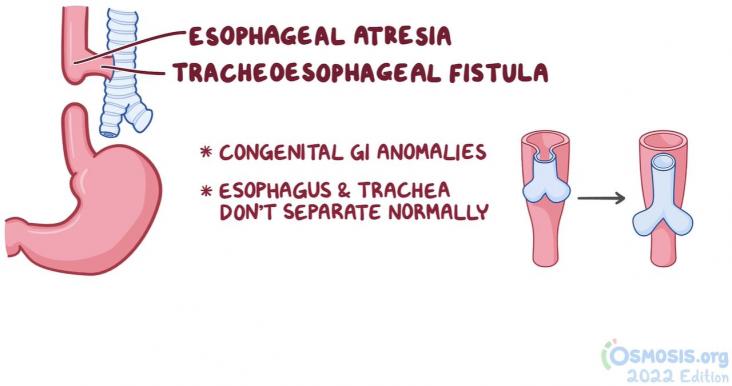This article aligns with the SDG goal 3 of Good health and wellbeing and SDG 10 Reduced inequalities by evidencing that the magnitude of hepatitis delta virus (HDV) infection increases with the severity of liver disease among chronic hepatitis B patients in Ethiopia.
This Article supports SDG 3 by estimating the disease burden and establishing a baseline of linkage to care for hepatitis B virus in Ho Chi Minh City, Vietnam, showing the feasibility of a large-scale comprehensive screening and access-to-care program for hepatitis B virus elimination in a low-to middle-income country.
Alzheimer's disease (AD) is a severe global public health issue because it is an irreversible neurodegeneration of the brain that impairs personality, cognition, memory, and other functions before it ultimately results in death from total brain failure.
The most prevalent type of neurogenerative condition linked to dementia, based on the current situation, is Alzheimer's Disease (AD).
Medications used in the treatment of Alzheimer's disease include the acetylcholinesterase inhibitors (AChEIs, i.e., donepezil, rivastigmine, and galantamine), the N-methyl-D-aspartate receptor (NDMAR) antagonist, memantine, and the anti-amyloid beta monoclonal antibody, aducanumab.
This chapter discusses any plausible correlation between malnutrition and the onset of Alzheimer's disease. An overview of Alzheimer's pathophysiology is included to offer an understanding of the various underlying causes leading to its manifestation.

This article ties to SDG 3. This resource, created together by Osmosis and the National Organization for Rare Diseases (NORD), aims to increase the knowledge and awareness about the rare birth defect Esophageal Atresia & Tracheoesophageal Fistula. This disease occurs when the esophagus fails to develop correctly, essentially ending in a blind pouch that is commonly connected to the trachea, creating a tracheoesophageal fistula.
This content aligns with Goal 3: Good Health and Wellbeing and Goal 10: Reduced Inequalities by identifying barriers for individuals with ID, their impact on long-term outcomes, and strategies that academics can use to foster positive identity development for this population.
This content aligns with Goal 3: Good Health and Wellbeing and Goal 10: Reduced Inequalities by exploring how experiential knowledge can complement professional and scientific knowledge and underscoring the benefits of incorporating experiential knowledge within the development of evidence-based care and support for people with intellectual disabilities.
Elsevier,
Phytonutrients and Neurological Disorders: Therapeutic and Toxicological Aspects, Volume , 1 January 2023
This content aligns with Goal 3: Good Health and Wellbeing and Goal 10: Reduced Inequalities by reviewing the current therapies for neurological disorders and their limitations.
